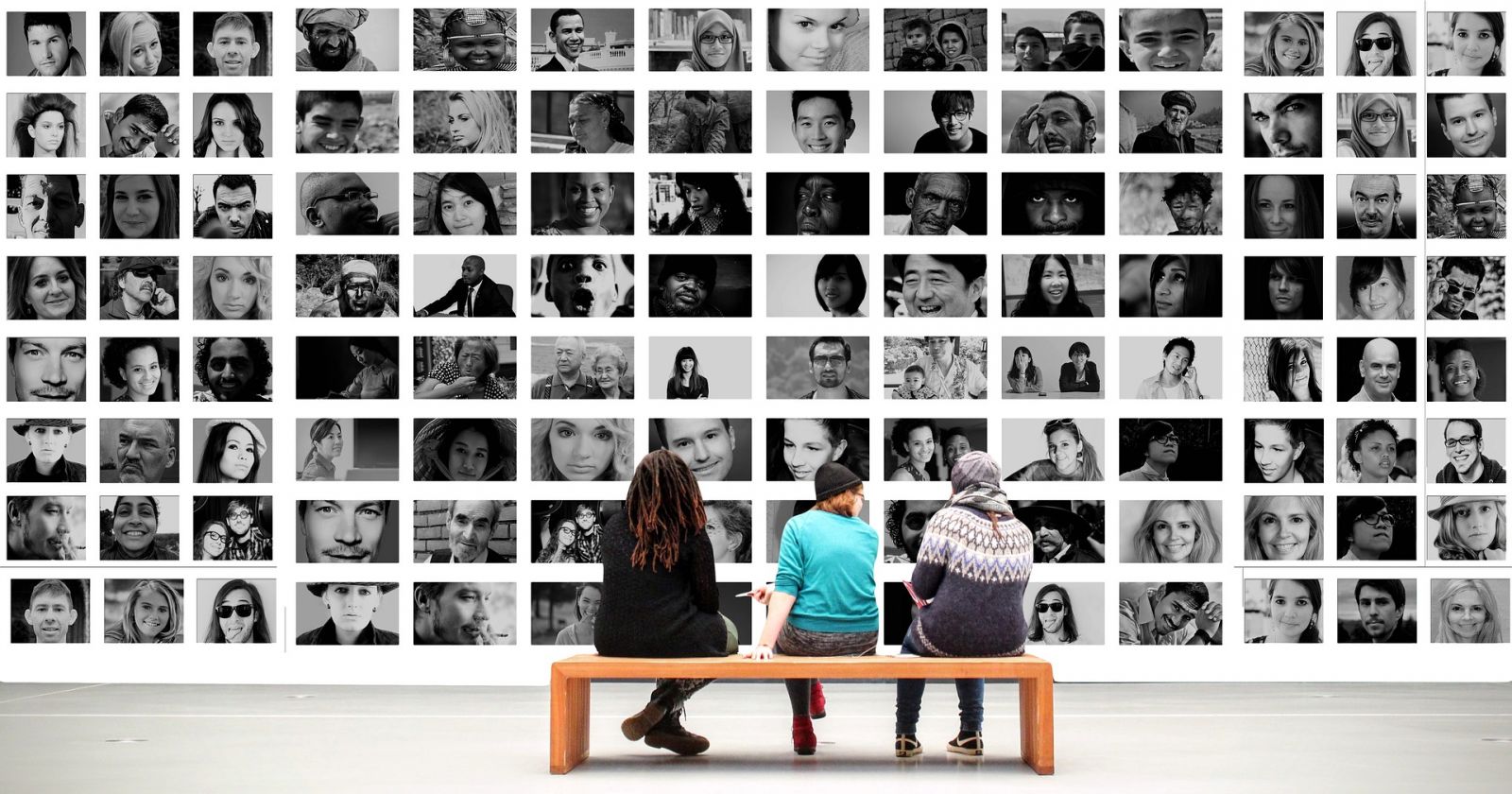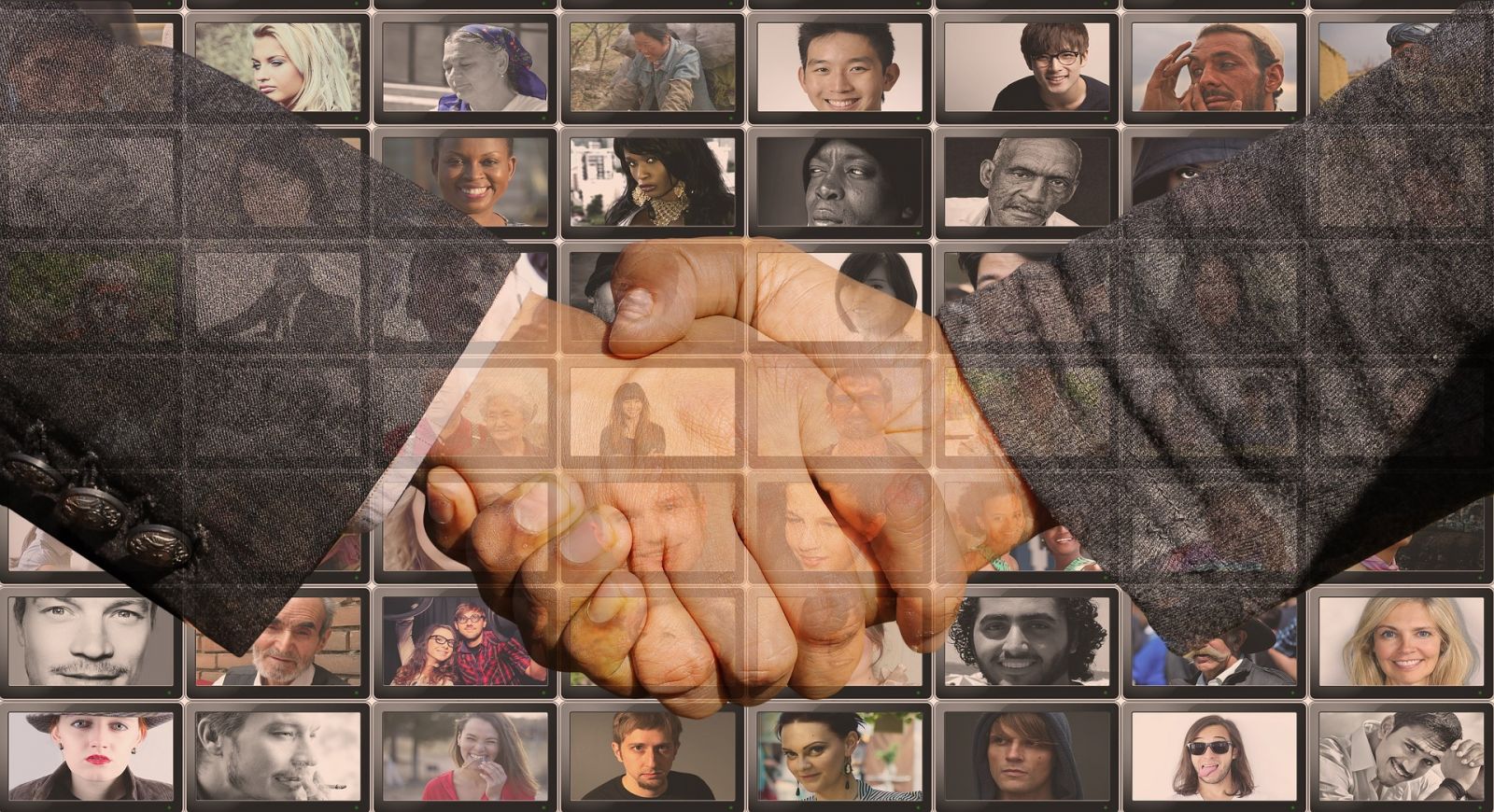Diversity and Inclusion in the Events Industry

“Diversity” is a term that has touched many sectors worldwide, including education, publishing, media and business. The concept is also becoming a familiar, albeit still relatively new, theme in the events industry.
The World PCO Alliance reached out to some of its partners to get their thoughts on the role of diversity and inclusion in the meetings and conferences sector.
What does diversity, in the context of the meetings industry, mean to you?
Gregg Talley of US-based Talley Management Group Inc.: “It means a full range of diversity: race, gender/sexual identity and disability. Our industry has a responsibility to allow all people to be seen, heard and appreciated on stages and panels, and in articles.”
Jean-Paul de Lavison of Canada-based JPdL International Inc.: “Diversity is a tool that allows us, as meeting organisers, to see things from as many perspectives as possible. This fuller awareness goes into how we approach each event.”
Thania Carrera of Mexico-based T&C Group: “Diversity, in the context of what resonates with me, is an opportunity for more space for women in our industry, as well as for more events that focus on the unique needs of the LGBTQ+ community and of individuals with disabilities.”
What are some practices your firm incorporates to support diversity as an SDG goal?
GT: “As a firm, we make it our goal to be much more mindful of language used in our workspace and to provide opportunities that include greater diveristy."
JDL: "We support diversity by not making it a thing. We choose instead to focus on the skills and values that our team offers our clients.”
TC: “Our company has a committee that guides us in the principles and value of diversity and how to weave it into our corporate culture as well as in our collaborations with clients.”

Ikuko Nishimura of Japan-based Congrès Inc.: “Promotion of diversity in the workplace and empowerment of women are important issues and here in Japan we are particularly conscious about dedicating efforts in this area. Even prior to COVID-19, Congrès was offering flexible working hours and styles to support the diverse needs and life roles of our employees.
“Furthermore, in Japan, the Ministry of Health, Labour and Welfare has established several schemes related to the Act on Promotion of Women’s Participation and Advancement in the Workplace, under which companies can be certified as ones that actively promote empowerment of women and work-life balance that have been judged to have met certain criteria. Congrès holds this certification.
“These certifications highlight companies’ efforts to promote workplace diversity and gender equality and are, in fact, one of the criteria used for evaluating companies in various Japanese government procurement and tender processes, including PCOs, when bidding for Japanese government-hosted meetings and events.
“Promoting employment of people with disabilities is another important aspect of diversity and inclusion, and we at Congrès have achieved our statutory target and are further striving to generate more work opportunities.
“All of these endeavors are related to the SDGs, 5: Gender Equality, 8: Decent Work and Economic Growth and 10: Reduced Inequalities.”
Is this commitment to diversity an added value for your clients? If yes, how?
GT: “Yes, the value for our clients is the same as for us as a business − greater perspectives offer greater learning opportunities, appreciation and understanding.”
JDL: “By each member of our team providing different perspectives and approaches to a client’s event, that event has a much more inclusive and diverse foundation.”
TC: “I think it depends. It is certainly an added value for clients organising events focused on subjects that naturally implicate diversity, or for those clients seeking to forge relationships with suppliers that share similar values.”
Noel Mitchell of Ireland-based Keynote PCO: “Our clients are quite focused on gender mix on committees and for speakers. As an organiser, we would also be conscious of accessibility for those with disabilities and dietary requirements.”

In what ways do you find conferences embracing diversity as an SDG goal?
GT: “Conferences are optimising diversity’s role in their events. They are doing what’s necessary to offer attendees a full range of diversity − by race, gender/sexual identity and disability − on a conference programme.”
JDL: “We’re noticing that conferences are increasingly leveraging virtual and hybrid formats to include emerging countries in their events.”
IN: “Echoing Gregg and Jean-Paul’s comments, diversity can be seen in logistical arrangements for conferences. With regards to food, for instance, careful consideration needs to be taken to provide a suitable range of cuisine to meet the diverse needs of participants, from vegetarian, to vegan, to Halal and incorporating allergen-sensitive menus. Congrès is well aware that peace of mind related to food is a key factor for a delegate’s well-being and productivity when abroad.
“Accessibility in venues is also an important factor to give the organiser, the international association, as well as all its members, peace of mind when planning a conference. Congrès Inc. serves as a consultant in Japan on conference and event venue development projects, providing experience-related advice on access issues and solutions.”
What are your predictions for diversity, as an SDG principle, in the meetings industry?
GT: “Diversity is here to stay, and we can and should be leading the way!”
TC: “I think there is a long way to go before diversity has truly bloomed in our industry. This is especially true in Latin America where men occupy most positions of power, and members of the LGBTQ+ community and people with disabilities are not even considered as part of this industry. It is only when there is more diversity in all industries that we can aspire to have a more equal and developed society.”
IN: “Through management of meetings and events, especially those that involve the local community, we as PCOs in the meetings industry can raise awareness of the SDGs in society as a whole and, in turn, the importance of D&I to enable every member of society to fulfill their potential, towards a world where ‘no one is left behind.’”
In conclusion, clearly, diversity is an important component of events of today and the future. Yet, despite its significance, there is still much work to be done. As members of the meetings industry who regularly bring people together, we have a unique opportunity to optimise all the possibilities that diversity and inclusion bring. By ensuring that events feature as many voices as possible, we can lead by example and show the world diversity’s limitless potential.
Other Articles
About Us
Supported by the Union of International Associations (UIA), the International Association of Professional Congress Organisers (IAPCO) and the Interel Group, the global public affairs and association management consultancy, Headquarters Magazines serve the needs of international associations organising worldwide congresses.















